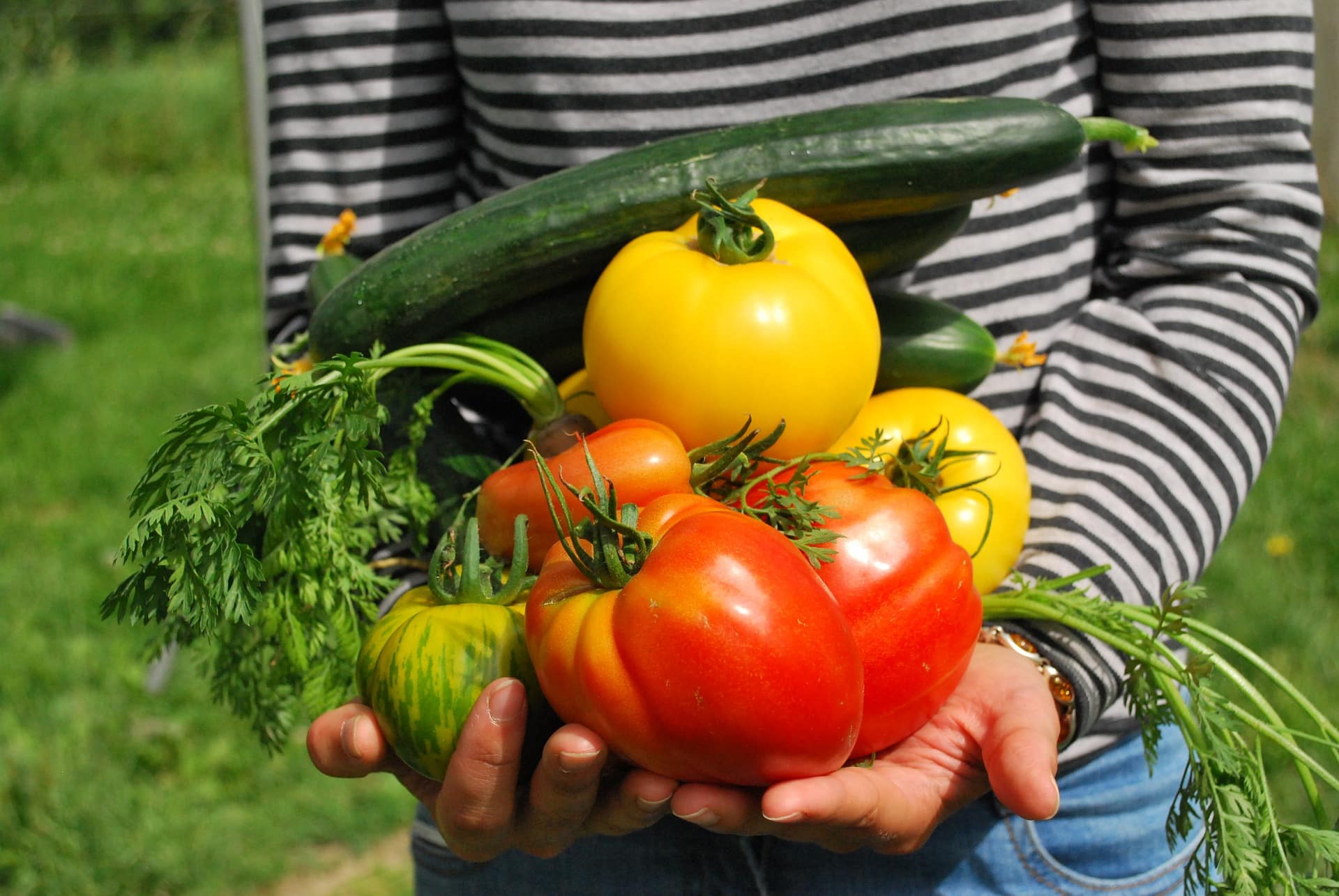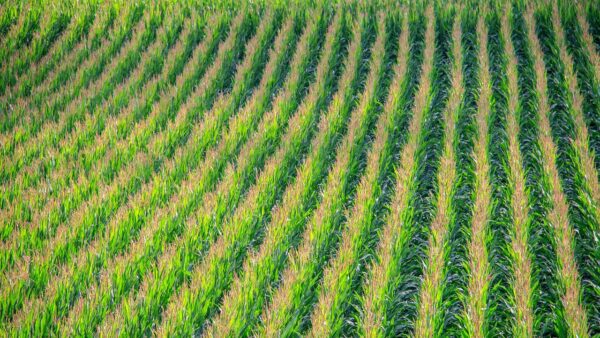“One person can make a difference at CSTA,” shares Wayne Gale, who serves as the voice of the Canadian Seed Trade Association’s Garden Seed Committee. “Influence has resulted in real change; this is a good-news story.”_x000D_
_x000D_
Whether commercially produced, or from a hobbyist’s garden, the flowers and vegetables we enjoy started with a seed from one of Canada’s garden and vegetable seed companies._x000D_
_x000D_
Many of these companies are members of CSTA and are represented by Gale, a passionate advocate for the garden seed industry. He brings many years of expertise to the sector, gained from joining his family company, Stokes Seeds, in 1983._x000D_
_x000D_
Known throughout the seed industry, Gale is an active CSTA member. He is a CSTA past-president and is currently a member of the Board of Directors. Gale also serves as CSTA’s representative to the American Seed Trade Association and is a member of the Stakeholder Relations Work Group._x000D_
_x000D_
Managing the Issues_x000D_
_x000D_
CSTA committees drive the direction of the association by identifying issues and proposing strategies and policies to address challenges. The Garden Seed Committee focuses on issues of importance to garden and vegetable seed members. To keep these issues front and centre, Gale volunteers as the voice of these members, interacting with stakeholders, including government officials, and providing testimony._x000D_
_x000D_
“There is a role to be played by CSTA’s flower and vegetable seed members in regulatory changes,” Gale says. “Once approved, these are difficult to undo.”_x000D_
_x000D_
Member interests have evolved over time. Members originally shared information on operational issues such as Canada Post, labelling on seed packets and sales tax. Now, the focus is on monitoring and responding to Canadian Food Inspection Agency regulatory changes that could touch the industry, even unintentionally._x000D_
_x000D_
Gale highlights the ability to work with regulators as one of the most valuable benefits. There have been many positive outcomes. In one case, garden seed members worked with CFIA to find a solution to purity testing of flower seed. Both government and industry needs were met and a costly requirement for companies was avoided._x000D_
_x000D_
New breeding techniques in Canada and the United States are on the radar as pressure to produce less expensive, better tasting and healthy vegetables is increasing. Recently, Gale worked with CSTA and ASTA staff on a response to Health Canada’s Pest Management Regulatory Agency re-evaluation of all uses of the fungicide thiram in Canada. This re-evaluation could impact the movement of seed into Canada, negatively impacting garden seed members and their customers. CSTA has submitted a brief to PMRA outlining the potential consequences from this re-evaluation._x000D_
_x000D_
Looking Ahead_x000D_
_x000D_
There are two important issues on the horizon for garden seed members. Gale has been liaison for the past 10 years, but going forward, it is important to have more member involvement. New and existing garden seed members should be cultivated to speak for the group._x000D_
_x000D_
The second challenge is certainly the largest and most pressing: improving perceptions and creating positive dialogue with the public about the seed industry. CSTA values its close working relationship with regulators and relies on governments at every level to make decisions based on sound, reputable, risk-based science. Yet, governments are also influenced by public perception and this can lead to non-science-based regulatory changes. Garden seed is very “in the face” of consumers. The opportunity is now for CSTA to better explain the role of seed and modern agriculture in the daily life of Canadians and our global neighbours._x000D_
_x000D_
Does your business involve garden and vegetable seed? Contact CSTA at 613-829-9527 or cdevitt@cdnseed.org to talk about issues important to your business. We want to hear from you.












